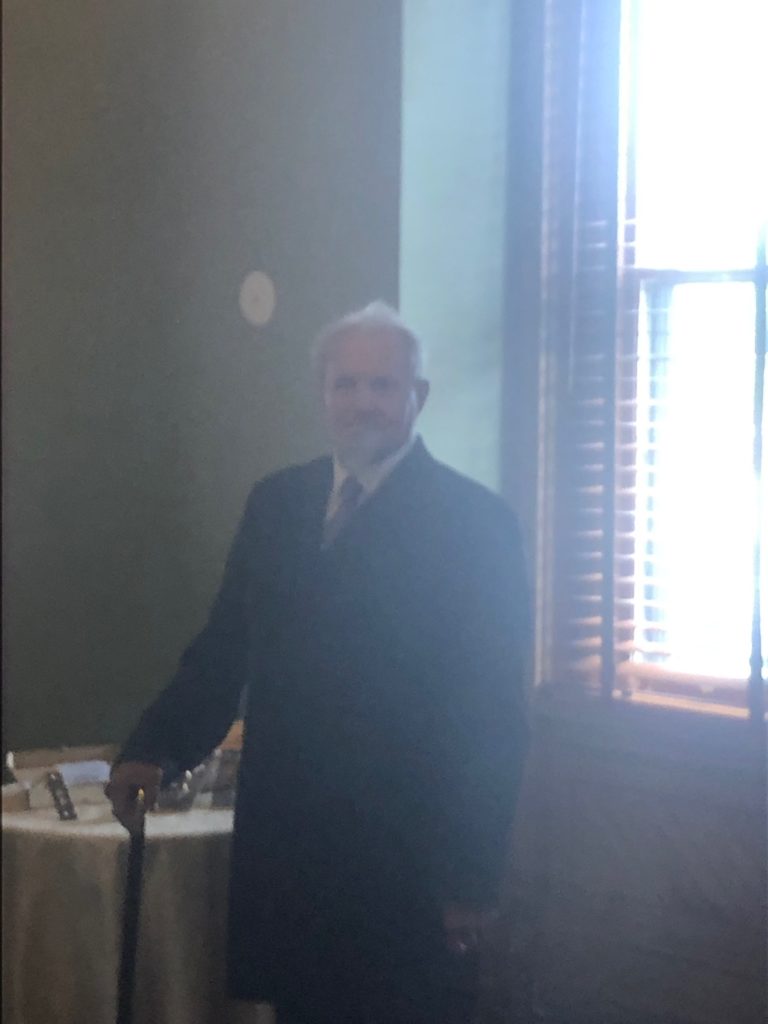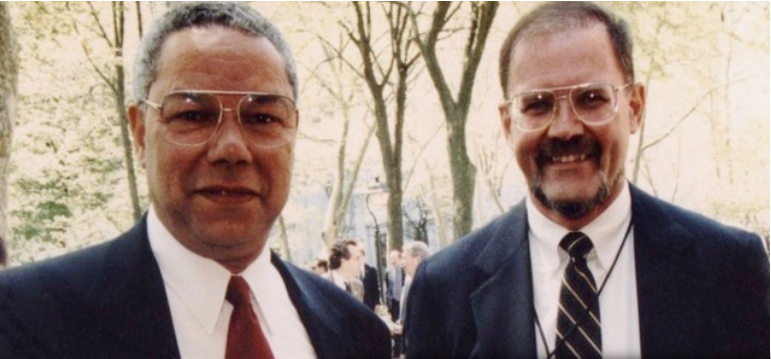Pullman, Debs and Zuckerberg: History for Communicators
October 14, 2021
Business wants us to forget. Progress—and credible communication—requires that we remember.
Last week here, I wrote about how the word “unprecedented” was banned at a meeting I attended at the University of Virginia’s Darden School of Business.
That’s a hard rule to enforce here in the country that Studs Terkel used to call “The United States of Alzheimer’s”—and especially when you’re talking about business, which often resists reminders of history as reflexively as a parole applicant discourages talk of previous offenses.
So well-intentioned businesspeople—and the communicators who support them—must take every chance to draw on the wisdom of their predecessors, and the folly.
I found plenty of both in The Edge of Anarchy (2018, St. Martin’s Press) about the Pullman rail car strike of 1894, which I was inspired to read after a Labor Day visit to the company town on the South Side of Chicago with friends, with whom I shared some searching conversations about what exactly went down that year, down there.
I won’t regurgitate the saga of how a strike spread from Pullman to become a national, violent cross-industrial stoppage that paralyzed and terrified the whole nation for weeks before coming to an unceremonious end.
But I mined the book for nuggets for people who help business people communicate. Here are three:
1. George Pullman understood public relations and branding, two concepts thought to have been invented in the 20th century. (But he could have understood them better!)
“Though intangible,” publicity and PR “were critical elements of a modern business enterprise,” Pullman believed, writes author Jack Kelly:
Pullman understood the value of being talked about. He invited reporters on elaborate, champagne-drenched sojourns to view his latest [rail] cars. He lent the fanciest ones to presidents and potentates. He featured his products at fairs and expositions … The standard dark-olive color and prominent Pullman name made the cars easily identifiable on any line. The Chicago Tribune noted that anything with the name Pullman was accepted as “the fashion.”

2. Potent public speaking and provocative rhetoric have always been better employed by Corporate America’s enemies, than by its leaders.
While George Pullman was mostly content to fight the strike by stubborn silence and intransigence, American Railway Union founder Eugene Debs brought oratory to bear, Kelly writes:
In the days before microphone amplification, the ability to project speech was important. Debs, an inveterate self-improver, had applied himself to the techniques of elocution and the principles of oratory. He talked in pictures and parables, offered visions rather than statistics. He had learned to enunciate to explode his vowels and control his pitch. His speaking style was gymnastic—he threw out his rangy arms, pointed with his bony finger and pounded home his message.
Debs’ message being that George Pullman was like “the proprietor of the lake of fire,” as “greedy as a horse leech.” Pullman had “a soul so small,” Debs thundered in an address to the Pullman strikers, “that a million of them could dance on the little end of a hornet’s stinger.”
3. The conversation around “stakeholder capitalism” goes back to the late 19th century.
The CEO signers of the Business Roundtable’s new Purpose of a Corporation two years ago, were not exactly the framers of a wholly new constitution.
Jane Addams, Chicago’s famous advocate for the poor, appreciated the vastly superior living conditions of the George Pullman’s company town, and initially tried to work with Pullman and his people to help settle the strike amicably. Like Debs, in fact, she ultimately hoped for a “larger solidarity which includes labor and capital,” based on a shared “notion of universal kinship.”
When the strike collapsed in the face of Pullman’s obstinance (and the collaboration of other railroad magnates and the full force of President Grover Cleveland’s federal government), Addams asked American upper classes in speeches and writings, “Are you content that greed … shall rule your business life, while in your family and social life you live so differently?”
She wondered specifically why George Pullman, who had spent so much money building a model town for his employees to live in, “should refuse to speak to them for ten minutes,” and asked why Pullman “should grow so hard and angry when they needed tenderness and help.”
And if Corporate America is kinder and gentler now, it is up to us to remember that Corporate America is only kinder and gentler for now. Just as Americans instinctively distrust Big Government, Big Business always needs watching. As Eugene Debs said, in advocating for government control of railroad monopolies: “Government ownership of railroads is decidedly better for the people than railroad ownership of Government.”
Speaking of Facebook …




